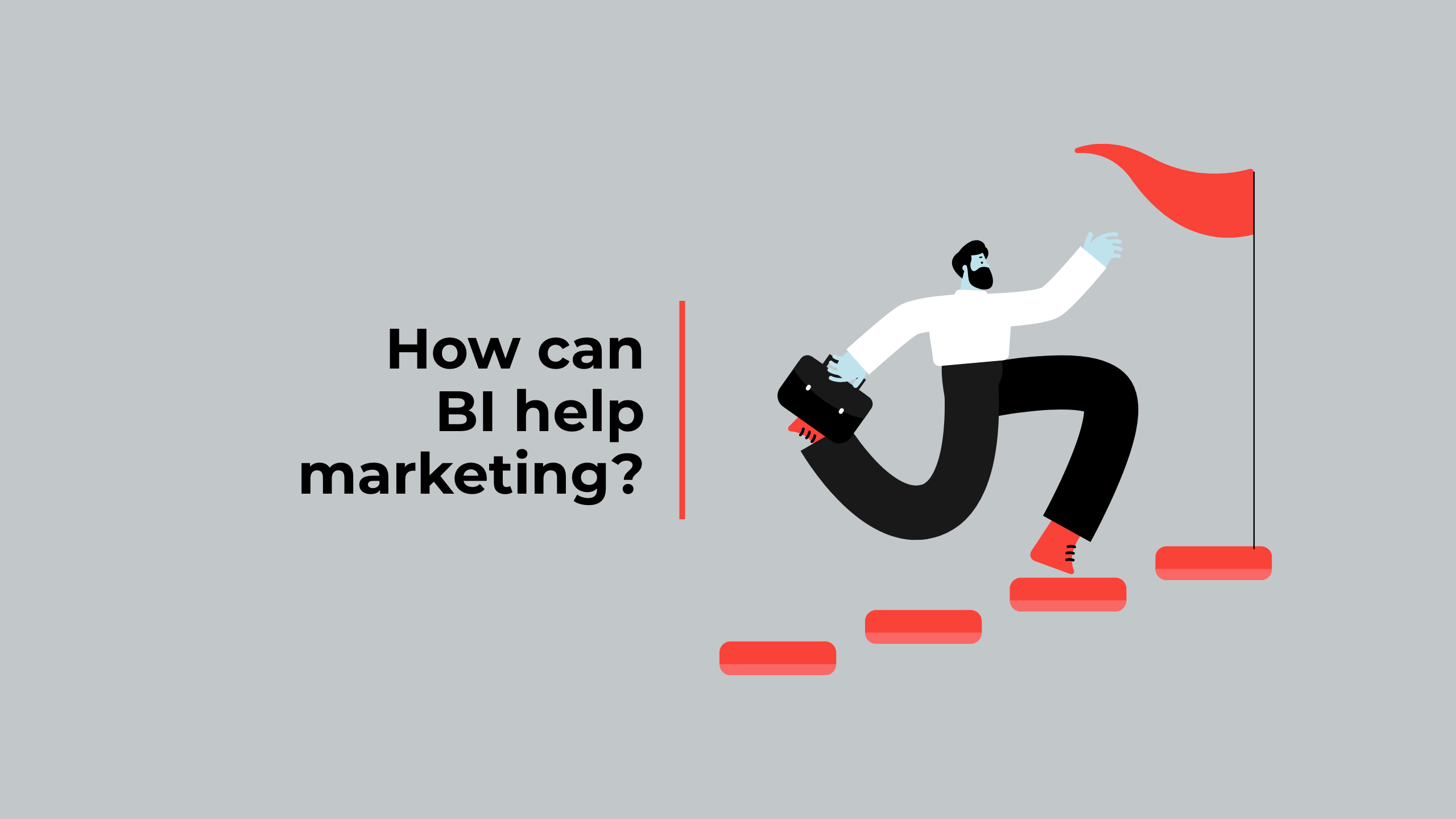In today’s digital world, companies accumulate an incredible amount of data every day. From consumer buying behaviour to social media trends, every interaction is an opportunity to learn and adapt. This is where Business Intelligence (BI) comes in. BI is more than just technology jargon; it’s about transforming raw data into meaningful insights for business. But how does it specifically benefit marketing? Let’s take a closer look.
In-depth customer understanding:
Consumers are at the heart of any marketing strategy. BI makes it possible to analyze customer data to extract information about their preferences, buying habits, and even their behavior on social media. By understanding what customers want, marketers can design campaigns better tailored to their needs and desires.
Performance evaluation and optimization:
Marketing campaigns require considerable investment, both in terms of time and resources. BI enables companies to monitor the performance of their campaigns in real-time. This means marketers can quickly adjust their approaches based on feedback, ensuring a better ROI.
Advanced segmentation:
Not all customers are the same. With BI, marketing teams can segment their audiences into different categories based on a multitude of criteria, from age and geographic location to purchasing habits. Effective segmentation enables targeted campaigns, increasing the likelihood of conversion.
Trend prediction:
The ability to predict future trends is like having a crystal ball for marketers. BI, with its predictive models, enables companies to anticipate market movements, giving them an edge over the competition.
Optimizing the customer journey:
Every point of contact with the customer is crucial. By analyzing these interactions, BI helps companies identify areas for improvement, ensuring a smooth and satisfying customer experience.
Efficient budget allocation:
One of the major challenges for marketing departments is budget allocation. With BI, companies can see where their investments are paying off and where adjustments are needed, enabling more efficient use of resources.
Exploring new opportunities:
BI doesn’t just analyze current performance. It can also highlight new market opportunities or previously unexplored niches, offering new avenues for growth.
Improved collaboration:
BI tools facilitate the centralization and visualization of data. This encourages collaboration between different departments, from marketing to sales to customer service, ensuring that everyone is on the same page.
Risk management:
BI isn’t just about exploiting opportunities; it also helps identify potential risks. By spotting negative trends early, companies can take preventive action.
Real-time feedback:
In the fast-paced world of marketing, the ability to receive and act on feedback in real-time is invaluable. BI facilitates this, enabling companies to be responsive and dynamic.
Ultimately, Business Intelligence is not just a tool for data analysts. It’s a powerful instrument that, when used correctly, can transform a company’s marketing landscape. By providing accurate insights based on real data, BI enables marketers to make informed decisions, maximize their ROI and deliver added value to their customers. In a world where data is king, BI is the trusted advisor every marketer should have by their side.

